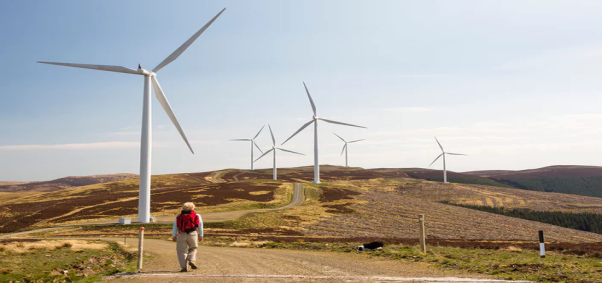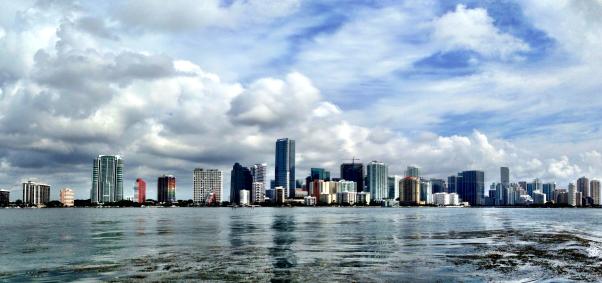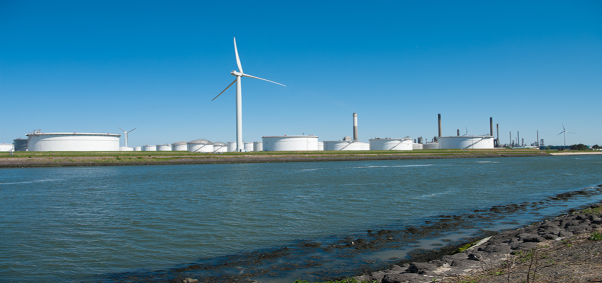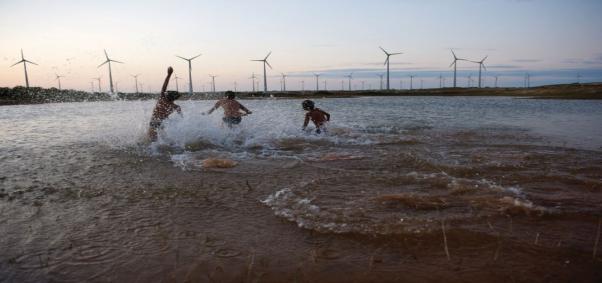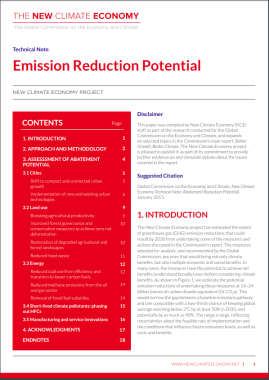
The New Climate Economy project has estimated the extent of greenhouse gas (GHG) emission reductions that could result by 2030 from undertaking some of the measures and actions discussed in our 2014 annual report Better Growth, Better Climate. We estimate the potential emission reductions of undertaking these measures that would narrow the gap between a baseline emissions pathway and one compatible with a two-thirds chance of keeping global average warming below 2°C by at least 50% in 2030
Downloads
460.21 KB
7.34 MB
705.66 KB
![]() Une Meilleure Croissance, Un Meilleur Climate: Executive Summary
Une Meilleure Croissance, Un Meilleur Climate: Executive Summary
725.84 KB
324.68 KB
902.91 KB
859.04 KB
![]() Pertumbuhan Lebih Baik Iklim Lebih Baik: Ringkasan Eksekutif
Pertumbuhan Lebih Baik Iklim Lebih Baik: Ringkasan Eksekutif
7.68 MB
3.64 MB
3 MB
1.44 MB
2.8 MB
2.13 MB
3.48 MB
3.54 MB
10.28 MB
3.31 MB
983.99 KB
5.92 MB
2.24 MB
1.04 MB
8.49 MB
2.04 MB
2.66 MB
111.69 KB
2.55 MB
5.8 MB
4.08 MB
2.04 MB
![]() India: Pathways to sustaining rapid development in a new climate economy
India: Pathways to sustaining rapid development in a new climate economy
570.48 KB
![]() Seeing Is Believing: Creating a New Climate Economy in the United States (Summary)
Seeing Is Believing: Creating a New Climate Economy in the United States (Summary)
3.54 MB
![]() Seeing Is Believing: Creating a New Climate Economy in the United States
Seeing Is Believing: Creating a New Climate Economy in the United States
838.63 KB

